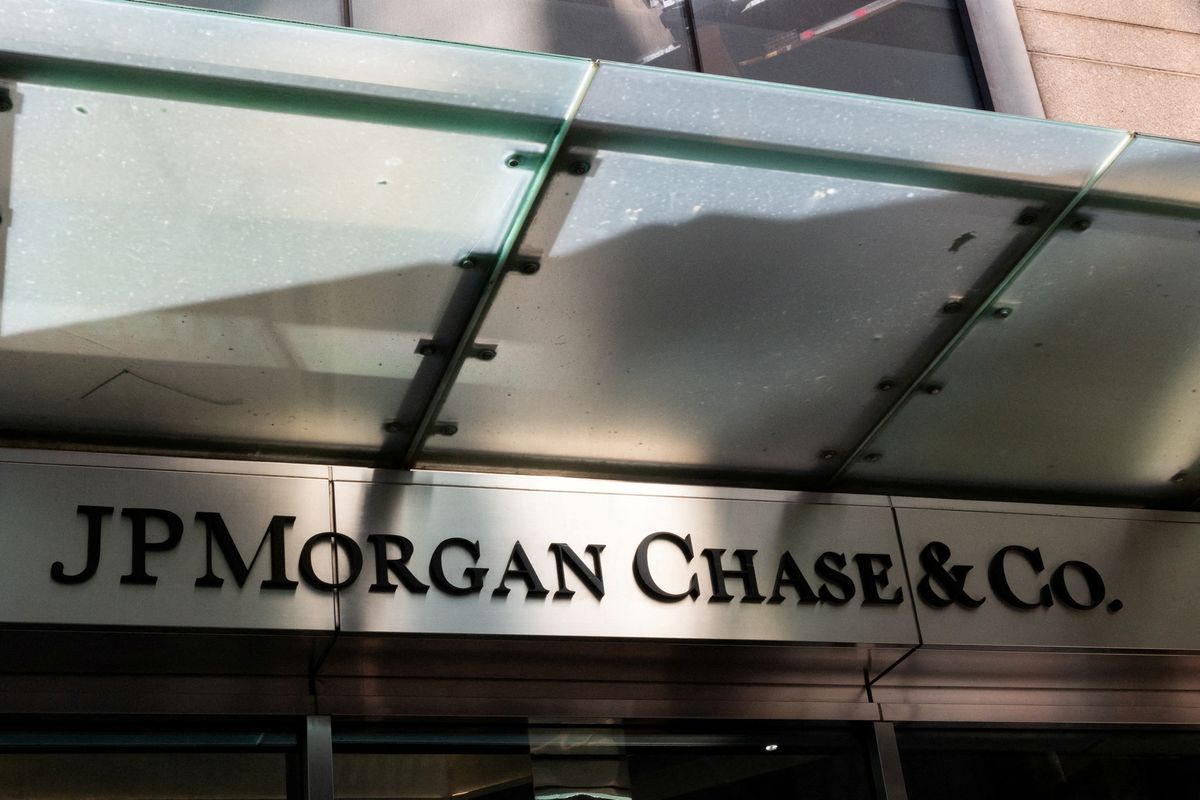The banking sector show little signs of distress after Silicon Valley Bank and Signature Bank’s downfall
Earnings season kicked off this week, with many major banks reporting on Friday.

A few minutes every morning is all you need.
Stay up to date on the world's Headlines and Human Stories. It's fun, it's factual, it's fluff-free.
The backstory: After the collapse of Silicon Valley Bank (SVB) and Signature Bank in March, investors are on edge as earnings season kickstarts. And while major banks have suffered billions in devalued bonds and securities that they acquired during low-interest-rate times, all in all, they’ve been raking in the dough thanks to high-interest rates and a strong US economy.
More recently: First Republic was another bank on the brink over depositor panic in March. So, last month, JPMorgan and 11 other banks teamed up to save it. They collectively injected US$30 billion into the bank for at least 120 days so it could have some breathing room.
The development: Earnings season kicked off this week, with many major banks reporting on Friday. So, how did they do? JPMorgan had a killer first quarter, with profits soaring by a massive 52% to US$12.62 billion. With that, by the end of the month, the bank racked up over US$50 billion in deposits.
Citigroup did well revenue-wise, especially in personal banking, with higher interest rates. But its investment banking and equity market revenue took a hit. On the other hand, investors weren't as impressed by Wells Fargo. Its shares slipped 0.2% after the bank's execs warned of a possible economic slowdown in the US due to tightening monetary policy.
With that said, though, most banks are expecting some kind of economic slowdown later this year, with Citigroup's CEO Jane Fraser saying there might be a "mild" or “shallow” recession by year-end because people are spending less. Midsize banks like KeyCorp, Zions Bank and Comerica will report their earnings next week. These banks are in a tough spot because they have a similar size and business model to the failed SVB and Signature Bank.
Key comments:
“These were the most watched bank earnings announcements in over a decade, with market participants scouring the results looking for signs of cracks in the US banking sector. Those analysts looking for signs of the banking crisis were greatly relieved to not find any,” said Octavio Marenzi, CEO of the consulting firm Opimas, in an email.
“The U.S. economy continues to be on generally healthy footings — consumers are still spending and have strong balance sheets, and businesses are in good shape. However, the storm clouds that we have been monitoring for the past year remain on the horizon, and the banking industry turmoil adds to these risks,” said JPMorgan CEO Jamie Dimon in a statement.
“We are in a strong position to navigate whatever environment we face, which is particularly relevant given the degree of uncertainty today. ... We expect the recent events to be disinflationary and credit to contract. We believe it is now more likely that the U.S. will enter into a shallow recession later this year,” said Citigroup CEO Jane Fraser on an investor call.
"As expected, the bigger banks were probably not harmed that much by the regional banking turmoil, and possibly even beneficiaries of it," said Ross Mayfield, investment strategy analyst at Baird in Louisville, Kentucky. "We saw mostly strong and healthy balance sheets, and it's pretty clear (the regional banking) crisis isn't systemic."




Comments ()